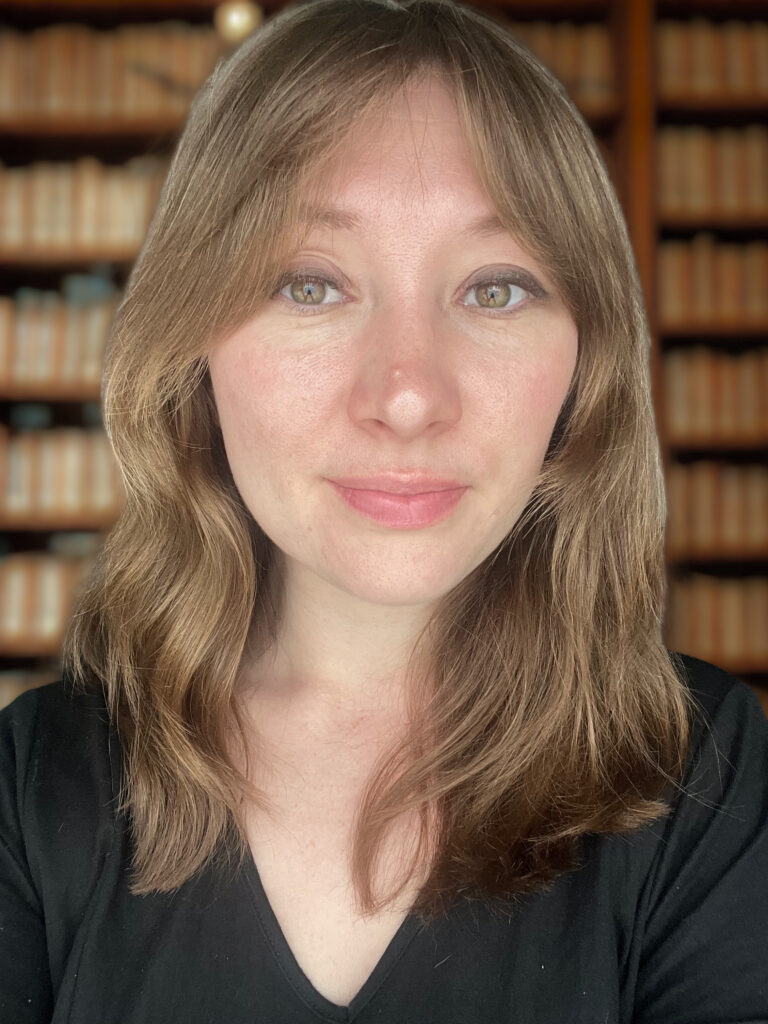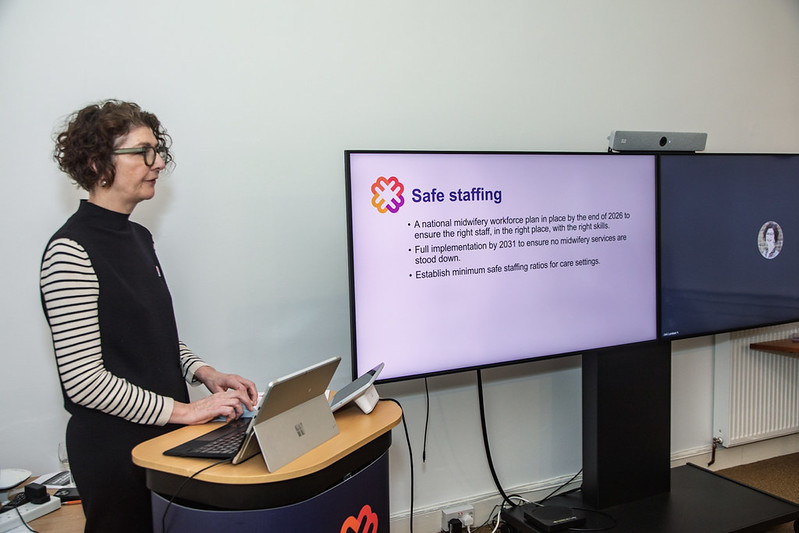My elective placement week offered a unique window into the professional, political, and strategic work that underpins midwifery at a national level. It was a week that challenged me, inspired me, and gave me a deeper appreciation for the wider role of professional organisations in shaping the future of midwifery.
I attended a variety of internal and external meetings, both in person and online, which gave me insight into how the RCM collaborates across the UK. I had the privilege of observing a workforce planning meeting in Northern Ireland, where I saw first hand the complexity of managing staffing pressures, including the increasing reliance on bank and agency staff. I also joined a planning meeting for Eisteddfod, a celebration of Welsh culture. We also discussed the importance of Welsh language inclusion in maternity care. These sessions helped me to understand how midwifery is influenced by both national and devolved political contexts, and how the RCM positions itself to advocate effectively for safe and inclusive services.
A highlight of the placement was visiting the RCOG/RCM Library, a resource freely available to RCM members. I was welcomed by the librarian, Mary, who showed me the collections and how to access journals and historical records, these are an invaluable tool for dissertation work and continuing professional development and I urge other students to access this.
I also had the privilege of being able to trace records of my great-great-grandmother on the midwifery roll. She was a midwife in Solihull and sat her exams in 1916. To hold her records in my hands and see her listed in the official registry from over a century ago was a deeply moving experience. It reminded me that midwifery is not only the future, there is heritage. That sense of connection, both personal and collective, made the visit profoundly special.
Much of my learning came from conversations with staff across the RCM. I was struck by how such a prominent organisation has fewer than 100 staff members. Leadership at the RCM is not rooted in hierarchy, but in approachability, collaboration, and vision.
One of the most rewarding parts of the placement was being given the opportunity to contribute meaningfully. I submitted a feedback report on the i-learn platform and I also completed a detailed website review with suggestions for improving access, mobile usability, and student content. These tasks allowed me to feel that my voice as a student was not only heard but valued. I didn’t expect to be so involved, and it was empowering to make a tangible contribution to projects that could impact other students and early-career midwives.
Many of the people I met shared their career journey with honesty and encouragement, emphasising that confidence and curiosity often matter more than experience alone. These encounters helped me understand that effective leadership is often quiet, supportive, and rooted in purpose. It has affirmed that leadership is something I can practise even as a student, by listening well, offering ideas and supporting others.
Importantly, the placement helped clarify the role of professional organisations like the RCM in the broader healthcare system. I saw how the RCM’s dual function as a union and professional body allows it to influence workforce policy, support midwives’ rights and advocate for safer care. It also complements the regulatory role of the NMC, and collaborates with structures like NHS England and devolved governments through consultation and strategic engagement.
This placement has reshaped how I view my future. I now understand that midwifery leadership is not just about managing others: it’s about vision, courage and service to the profession. I feel encouraged to take up space, pursue new opportunities, and even seek to publish my own work, as several RCM staff have encouraged me to do.
This has been a transformative experience. I have gained new insight into how policy and professional development are shaped, formed connections with inspiring role models, and contributed to projects that matter. My placement has left me not only better informed, but more confident, motivated and connected to the profession, and to the generations of midwives who have come before me.


